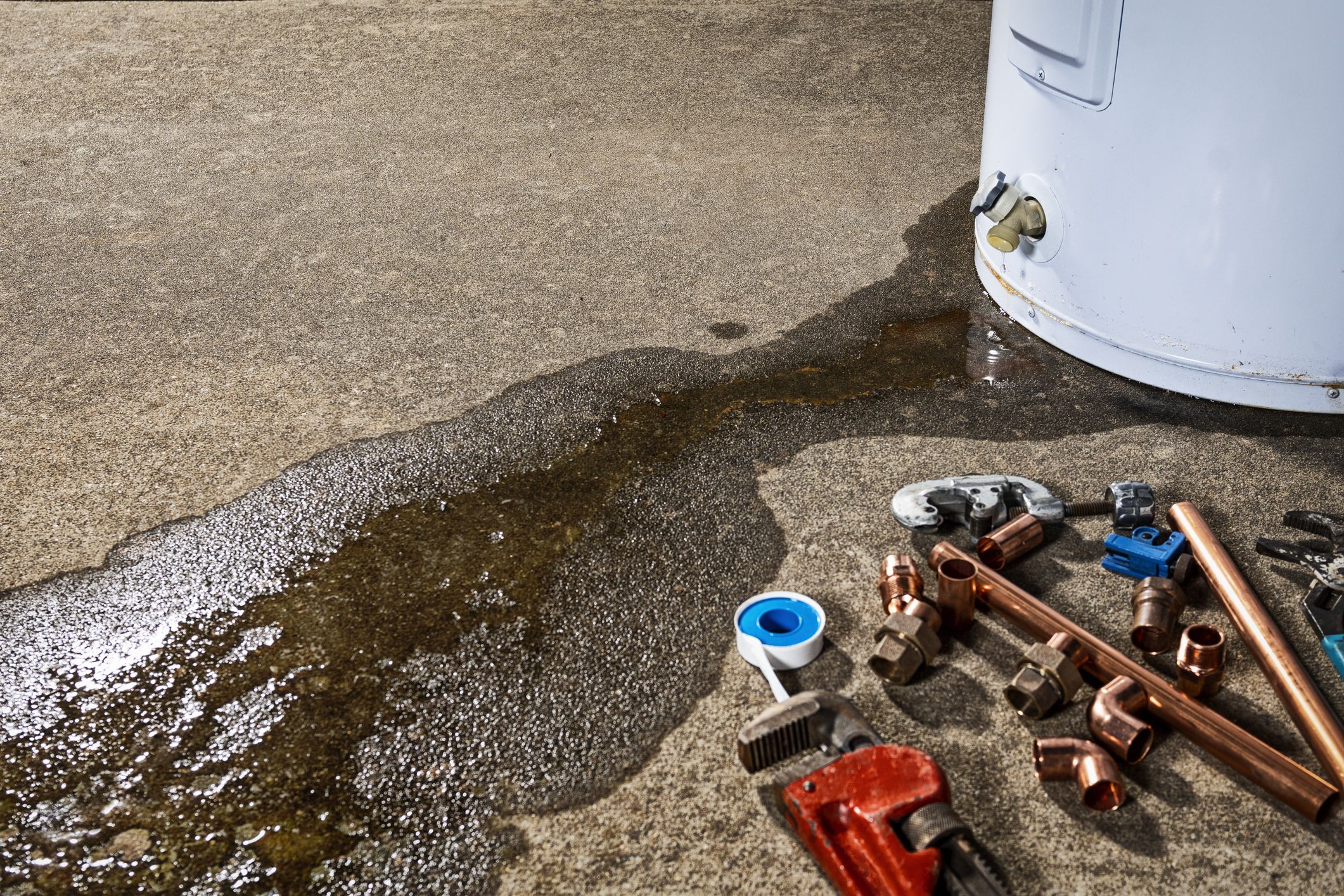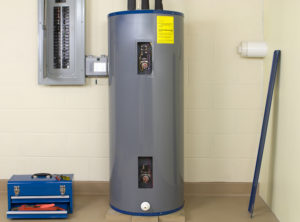Critical Guidelines for Homeowners Confronting Problems with Broken Heating Units
Critical Guidelines for Homeowners Confronting Problems with Broken Heating Units
Blog Article
Just how do you feel in relation to How to Avoid a Broken Hot Water Heater?

Whether it is located in the cellar or a separate room, damaged water heating systems can create tension. Having no warm water supply is additionally problematic.
Shut Down Source Of Power
Prior to calling the plumber, closed off a gas water heating system by turning the temperature dial. This will prevent electrocution, particularly if there is a leak as water is a conductor. Generally, the home heating element shuts off when the water strikes a specific temperature.
Cut Off the Cold Water Supply
Cut off the containers faucet water supply from the resource. This goes from your primary water line into the container. When your tank remains in good condition, the cold water stops filling out when the container is full. Yet given that it is dripping, the water will certainly continue to flow. Shut the valve discovered on top of the heater. Turn this clockwise to close it off. You need to transform off that major water supply line outside your home if you can not discover it or reach it.
Call the Plumber
After doing the very first 2 safety and security actions, you need to call your plumber to find right away to fix a burst hot water heater. Nevertheless, keep in mind that your unit will certainly not simply conk out dramatically overnight. There are normally indications that your aging hot water heater has debris accumulation in the inside. Take note of the following:
Do not wait on significant flooding to call the plumber. Already, you will certainly have to spend more to restore your building. Instead, as soon as you find these indications, have actually an expert come to check your hot water heater give thanks to. Generally, water heaters have a lifespan of about 8 to 12 years. With regular inspection and also maintenance, you can extend its life.
Tidy up Building
After calling the plumber, record damage by taking notes as well as images so you can claim your home owner's insurance coverage. From there, begin the prompt cleanup. Get any kind of important personal belongings to prevent further soaking. Remove any standing water to avoid mold and mildew growth. Use that to drain the water if you have a submersible water pump. Or else, the traditional container method will additionally work. Attempt to wipe out everything, consisting of wall surfaces as well as baseboards. If you have an electric fan and dehumidifier, keep them running to maintain air circulating. This will certainly help discourage mold and mildew development.
Bear in mind, if you see any kind of issues with your hot water heater, call the pros right away. You can not take this problem gently because a defective thermostat can increase water temp to a dangerously high degree, resulting in unintended burns. A broken heating unit stress relief valve can also cause an explosion. For ideal results, get an annual check so your device obtains evaluated, cleaned up, drained, and re-filled, guaranteeing optimal efficiency.
Whether it is situated in the cellar or a separate area, damaged water heaters can create anxiety. Before calling the plumber, closed off a gas water heater by transforming the temperature level dial. After doing the initial two safety and security steps, you must call your plumber to come right away to deal with a ruptured water heating system. If you have a submersible water pump, use that to drain the water. Bear in mind, if you observe any kind of issues with your water heating unit, call the pros right away.
Is My Water Heater Broken?
The Water Heater is Old
No appliance will last forever. This includes a home’s water heater. During its lifespan, residents are going to face a situation where a new water heater installation will be necessary. The biggest problem with this is that most people are not sure when their water heater expires. Not knowing this can lead to serious risks if the unit begins to act up due to old age.
Most makes and models of water heaters will last between eight and 10 years. While 10 years is the age when water heater replacement is highly recommended, the need to replace the unit may occur before this time or after. If the unit doesn’t show any symptoms of a problem, it is a good idea to replace it at the 10-year mark (from the manufacture date).
Some of the symptoms that indicate a new unit is needed include rusting, leaks, noises, and a failure to heat up the water. Also, note that not all units have a 10-year life expectancy. The main exception to this rule is that a gas unit will last for six to eight years.
Rusty Heater Inlet Valve or Water
While steel is the strongest material on earth, it does have a weakness – rust. If corrosion occurs on a steel surface, it will begin to spread and eat through the steel in certain areas. On water tanks and pipes that are made of steel, rust is a warning sign of an impending leak.
The issue for many is trying to figure out if the rust is coming from the water heater or the pipes that lead to the faucet. If rust is seen, it is a clear indication that water heater service from the professionals is needed.
If rusty water appears out of the faucets in the bathtub or sink, it likely means a rusty water heater. If there is rust near the water inlet or the pressure relief valve, rust has likely developed inside the tank. If tap water appears rusty, it may be an issue with the pipes.
Strange Sounds from the Water Heater
Are there strange sounds coming from the tank? As a water heater gets older, rumbling noises may develop and get louder and louder as the water in the tank heats up. In homes where large amounts of hot water are used, the issue is likely going to be even more obvious when more serious issues arise. If there is a strange or loud noise coming from the unit, it is probably because of sediment buildup. A good way to remedy this problem is by flushing the heater. If this does not work, then a new unit may need to be installed.
Leaks
As a water heater gets closer to the end of its useful life, there is a higher chance there will be water around the tank. If there is water, this usually means leaks are occurring. Based on where the unit is located in the home, a leak may result in serious property damage.
Leaks are usually caused by expansions in the metal tank. The expansions occur as time passes and as the inside body of the tank is exposed to multiple heating cycles per day. When a fracture forms, the gap will be slight enough to hold the water in; however, in more serious situations, this will not be the case. If the tank is idle, the water will not leak but when the metal expands during each heating system, small amounts of water will get through the gap.

I'm just very involved in Broken Water Heaters and I'm hoping you enjoyed the new blog posting. Loved our write-up? Please share it. Let other people locate it. Thank you so much for your time spent reading it.
Top-notch service? Dial here. Report this page